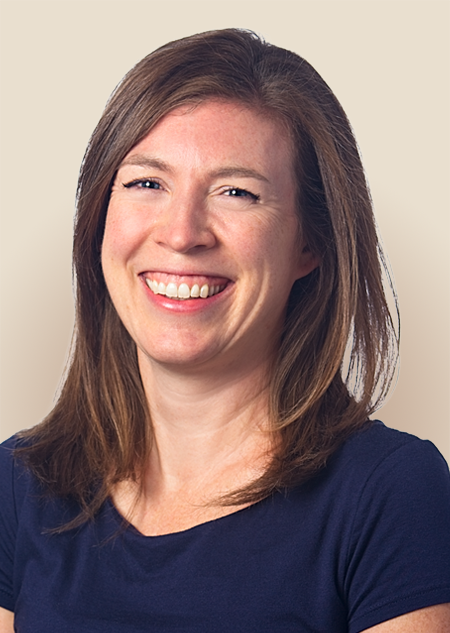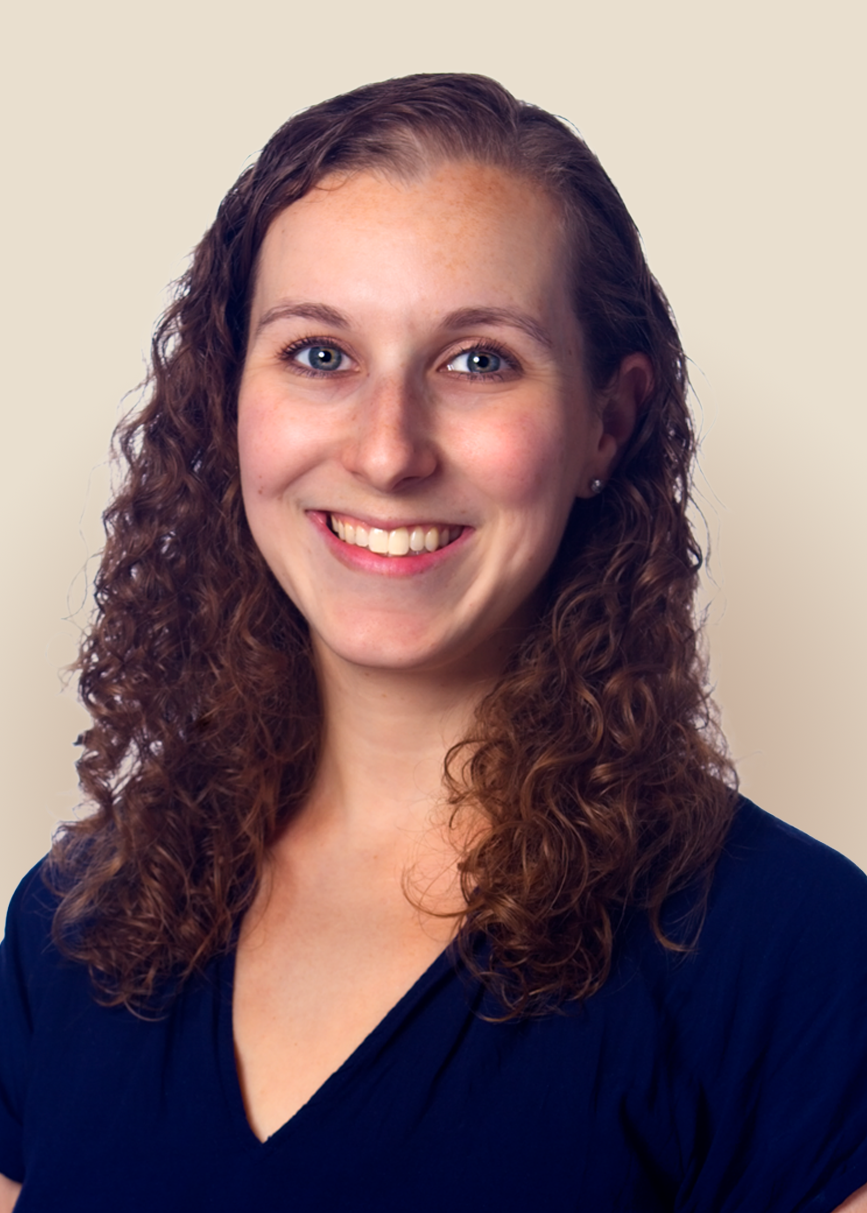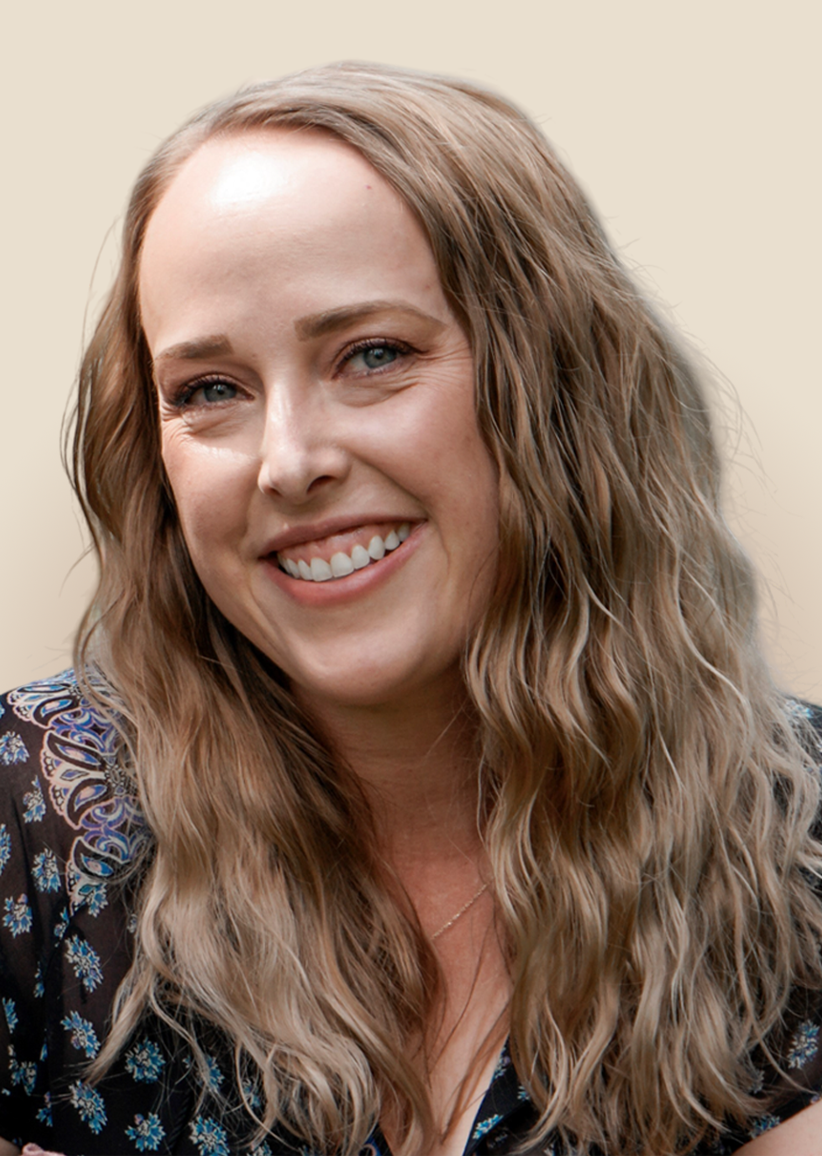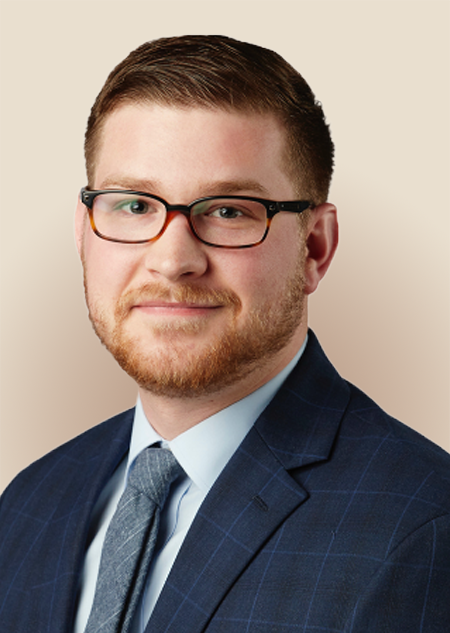Community Health
We partner with governments, foundations, and nonprofits to improve health outcomes and expand access. From assessment to evaluation, we help you use data and evidence-based practices to create informed, inclusive, and lasting change.

Expertise Rooted in Experience
Our team brings deep knowledge in public health, social work, psychology, and policy.
We have hands-on experience in
MAPP 2.0
Social Determinants of Health
Community Engagement
Addressing Critical
Health Issues
Our Community Health Services
Community Health Needs Assessment
Community-Driven Insight, Data-Backed Decisions
Our Community Health Needs Assessments blend rigorous data collection with deep community engagement to uncover the factors truly shaping well-being. We go beyond the surface, integrating local voices with quantitative indicators to offer a comprehensive picture of what your community needs—and why it matters.
Community Health Improvement Planning
Turning Insight Into Action
Our Community Health Improvement Planning process turns assessment findings into clear, actionable strategies. We facilitate inclusive planning sessions that bring diverse partners to the table (health departments, nonprofits, schools, hospitals, and community members) to co-create a roadmap for better health outcomes.
Community Engagement
From Participation to Partnership
Our team uses innovative, participatory approaches to amplify community voice and power. Whether through photovoice, community forums, town halls, or culturally-responsive focus groups, we believe engagement is most meaningful when it’s mutual, and we build trust that lasts beyond the project.
Interdisciplinary Teams: Research & Learning in Tandem
Where Research Meets Real-World Application
Our community health work is strengthened by the collaborative power of interdisciplinary teams. At Omni, we unite research scientists with learning and development professionals to deliver work that is not only evidence-based, but deeply practical. This cross-functional approach ensures our community health solutions are grounded in evidence and built for long-term impact.
Mission-Driven Experts
Our Community Health experts are motivated by a shared passion for turning their expertise into real-world impact.
Explore Our Related Services & Resources
Partnering with policymakers and practitioners nationwide to prevent substance use, expand treatment, and support long-term recovery.
Partnering with policymakers and practitioners nationwide to prevent substance use, expand treatment, and support long-term recovery.
Partnering with policymakers and practitioners nationwide to prevent substance use, expand treatment, and support long-term recovery.
Advancing equitable justice reform by partnering with agencies and communities to reduce system involvement, eliminate disparities, and promote alternatives grounded in public health and prevention.
Ready to get started?
Schedule a discovery session with a member of our Community Health team today.






